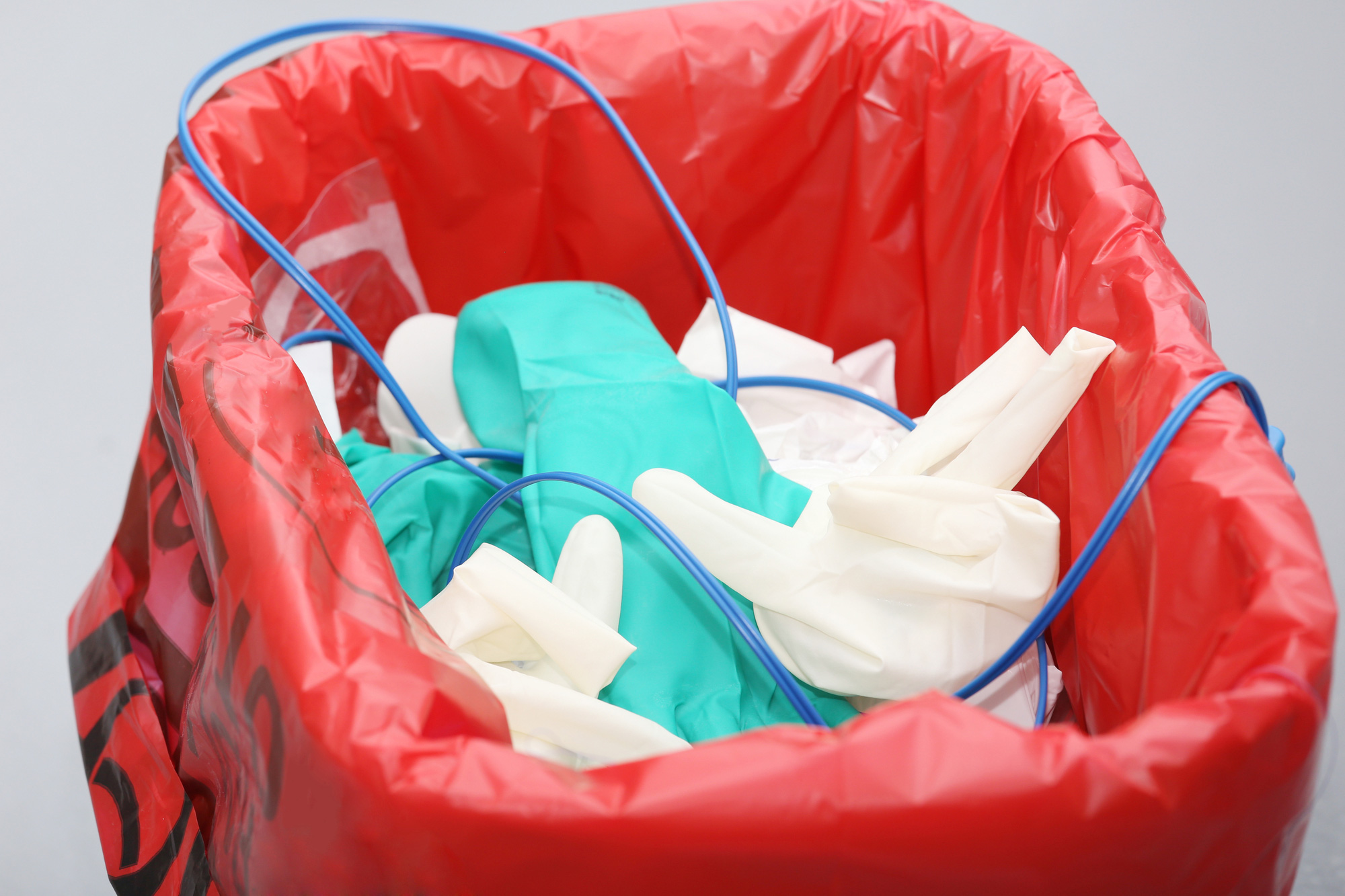Why Biowaste Removal Is Crucial For Ensuring Environmental Safety?
Biowaste management plays a crucial role in safeguarding the safety and well-being of individuals and the environment. It encompasses the proper handling, treatment, and disposal of waste generated by healthcare facilities.

Biowaste Services, Inc. provides biowaste removal services in Winter Garden, FL, Alafaya, FL, Kissimmee, FL, St. Cloud, FL, Pine Hills, FL, Buena Ventura Lakes, FL and surrounding areas.
Biowaste removal is crucial for ensuring environmental safety for several reasons:
- Prevention of Contamination: Biowaste, including medical waste, agricultural waste, and food waste, can contain harmful pathogens and chemicals. Improper disposal can lead to contamination of soil, water, and air, posing serious health risks to humans, animals, and plants. For example, untreated medical waste can release infectious agents into the environment, leading to disease outbreaks.
- Reduction of Pollution: Proper biowaste management helps in reducing pollution. Biodegradable waste, if left unmanaged, can decompose anaerobically, releasing methane, a potent greenhouse gas. Efficient biowaste removal and treatment, such as composting and anaerobic digestion, can mitigate these emissions, contributing to climate change mitigation efforts.
- Protection of Ecosystems: Biowaste can disrupt natural ecosystems if not properly handled. Nutrient-rich waste can cause eutrophication in water bodies, leading to excessive growth of algae that deplete oxygen levels and harm aquatic life. Proper treatment and disposal of biowaste prevent such ecological imbalances, preserving biodiversity and ecosystem health.
- Public Health Safeguarding: Effective biowaste removal protects public health by minimizing the exposure to hazardous biological materials. This is especially important in urban areas where population density increases the risk of disease transmission. Safe disposal practices, such as incineration or sterilization, ensure that pathogens are destroyed, reducing the incidence of disease.
- Resource Recovery: Biowaste contains valuable organic materials that can be recovered and reused. Through processes like composting and anaerobic digestion, organic waste can be transformed into compost and biogas, respectively. This not only diverts waste from landfills but also provides renewable energy and soil amendments, promoting sustainable resource use.
- Regulatory Compliance: Proper biowaste management is often mandated by environmental regulations to ensure community safety and environmental protection. Compliance with these regulations helps avoid legal penalties and supports sustainable waste management practices, reinforcing societal and environmental well-being.
In conclusion, biowaste removal is essential for environmental safety as it prevents contamination, reduces pollution, protects ecosystems, safeguards public health, enables resource recovery, and ensures regulatory compliance. Effective management of biowaste is a critical component of sustainable environmental stewardship.
Want to discuss this further? We’re available by phone and mail.
